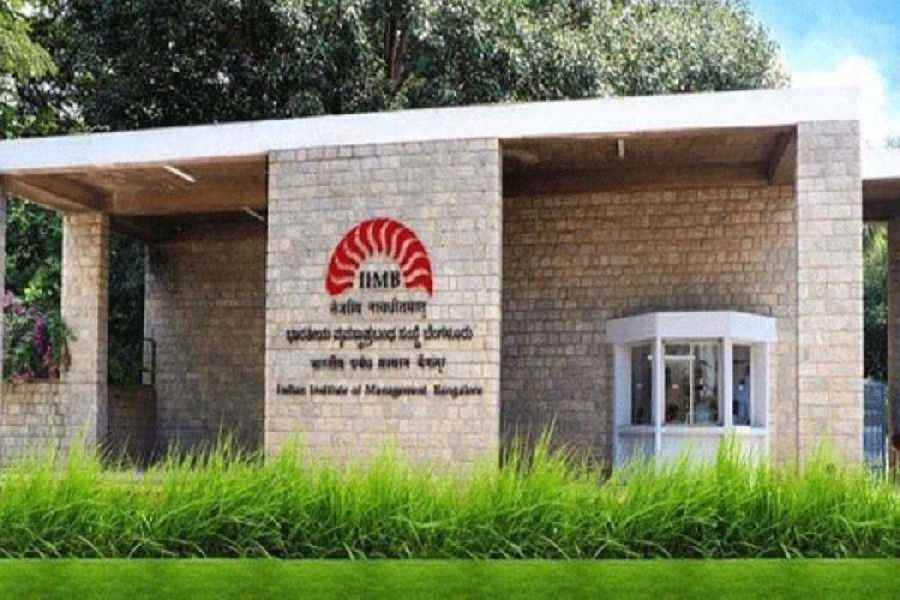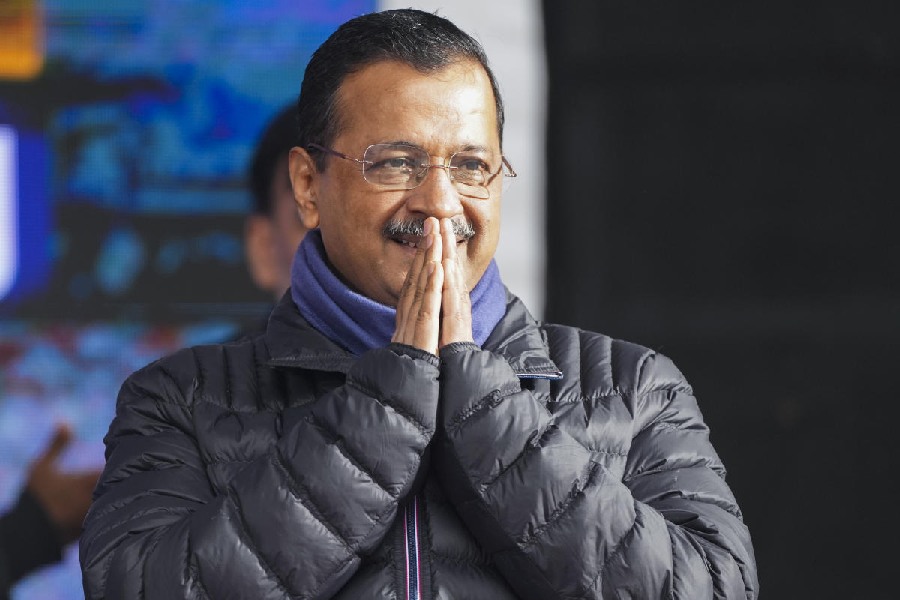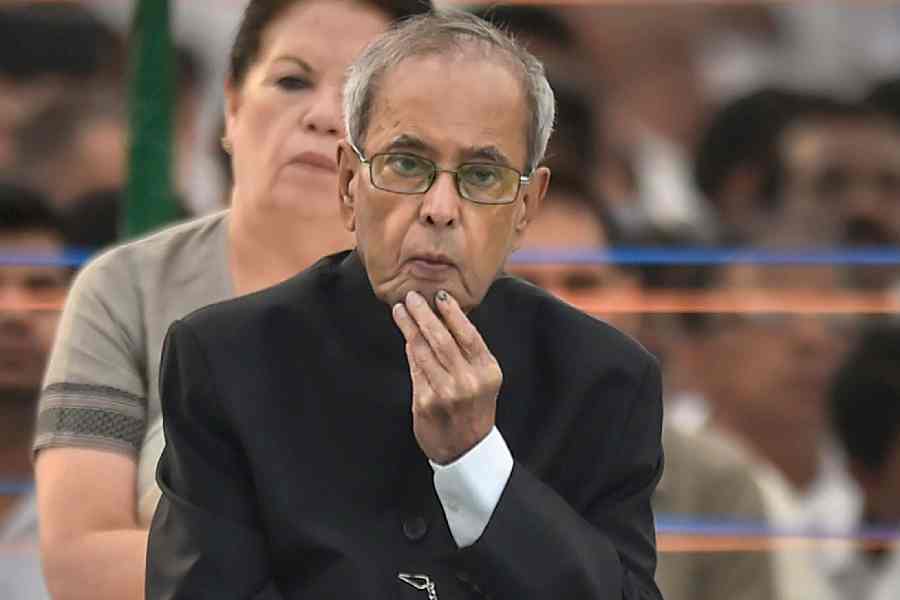A "bright" OBC student at IIM Bangalore, Nilay Kailashbhai Patel, was found dead in his hostel room on Sunday, the premier B-school said without mentioning the cause of death.
The tragedy stoked a general discussion among the institute’s alumni as well as outside academics about the absence of counselling and complaint mechanisms on campuses, although no allegations of stress, suicide or caste harassment were made in relation to Nilay’s death.
"A bright student, and a dear friend to many, Nilay will be sorely missed by the entire IIMB family. In this difficult time, we request consideration, respect, and privacy for him and his family," a message from institute spokesperson Kavitha said.
One of the triggers behind the scrutiny of institutional grievance-redress mechanisms following the second-year MBA student's death appeared to be a Supreme Court directive, passed two days earlier.
Hearing a petition about Dalit and tribal students being driven to suicide, the court asked the University Grants Commission (UGC) for data on the number of complaints received about caste discrimination at universities countrywide.
Scores of student suicides have been reported from elite institutes such as the IITs and the IIMs in recent years, most of them blamed on exam pressure, caste victimisation or both.
On Friday, a first-year Scheduled Caste student of BTech at IIT Indore was found dead in his hostel, with campus sources hinting at possible suicide by saying the youth was addicted to online betting games and had lost money.
A former IIM Bangalore student who asked not to be identified said students from marginalised communities often faced ostracism by prominent students' clubs apart from other forms of caste bias, without any institutional mechanism to help them.
Many of the older IIMs, including the one in Bangalore, are among the scores of campuses yet to set up equal opportunity cells (EOCs), as mandated by the UGC’s 2012 regulations.
To be headed by a professor, these cells are meant to redress any complaint of discrimination against Dalit, tribal, OBC or minority students.
On Friday, the apex court had also asked the UGC to place before it the number of EOCs set up by the universities.
IIM Bangalore has an Institute Diversity & Inclusion (D&I) Committee to address diversity issues. But, the former student said, the committee never effectively takes up the concerns and instances of discrimination or exclusion.
"Those SC, ST and OBC students who are the first generation from their families to enrol in a top-ranked institution often fail to present themselves well in many spheres, including classroom participation,” the ex-student said.
“They get no institutional support to make up for their poor performance, which owes mainly to their poor communication (English-speaking) skills. They are under pressure from the beginning.”
An IIM Bangalore employee said the B-school had no professional counsellors or psychologists on the campus to help distressed students.
After Nilay’s death, the institute director, Rishikesha T. Krishnan, wrote to faculty members saying a stress release session would be held soon.
"The students spend about ₹30 lakh in two years for their study and stay. Only a few receive scholarships and fee waivers; many among the rest are under stress,” the employee said.
“The institution often worsens the stress by punishing them for minor mistakes. A student who is late to class by one minute may have their grade lowered."
An email to the IIM Bangalore director, seeking his comments on the charges of a lack of institutional support for stressed-out students, awaits a response.
Dheeraj Singh, a former student of IIT Kanpur and IIM Calcutta, said 144 students of these tech schools had killed themselves in the last two decades — 42 between 2005 and 2014; and 102 between 2014 and 2025.
N. Sukumar, a Delhi University professor, said student suicides had increased because of gaps in monitoring and action against caste bullies.
He said neither the Hyderabad Central University nor the UGC nor the Centre had acted on the 2016 suicide of Rohith Vemula, whose death amid allegations of caste harassment had triggered nationwide campus protests.
"The inquiry report sought to give a clean chit to the accused. This case emboldened casteist faculty members and students to harass poor and socially backward students," Sukumar said.











